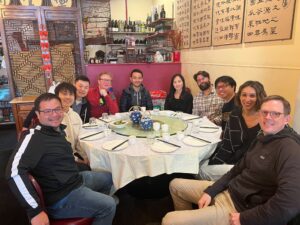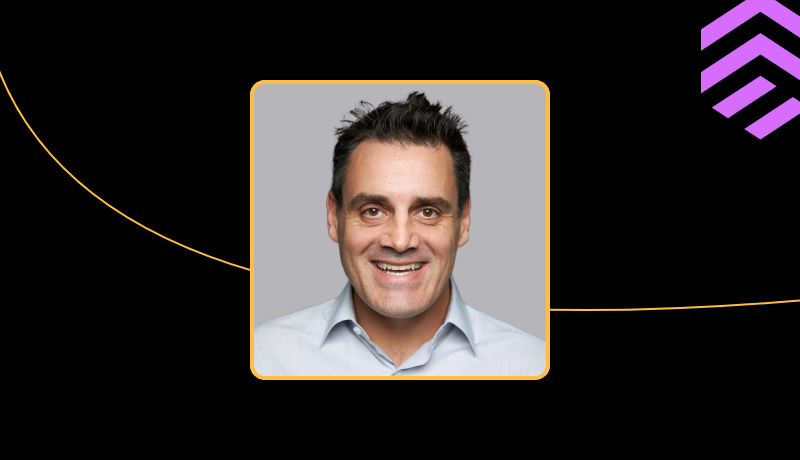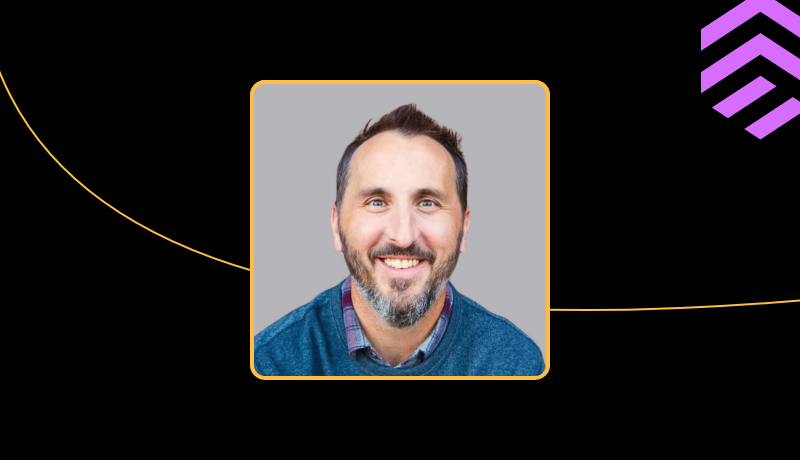What initially attracted you to Ontra and motivated you to join the team?
First and foremost, I am genuinely impressed by Ontra’s business model and product-market fit. The integration of AI with our Legal Network provides us with a unique competitive advantage. Additionally, I’m a firm believer in generative artificial intelligence (GenAI). I see immense potential for leveraging both classic machine learning (ML) and the latest GenAI/large language models (LLM) techniques to accelerate our product growth and expand our market presence. Lastly, I had an extraordinary candidate experience and am thrilled to have the opportunity to work with such a talented group of individuals.
From your perspective, what distinguishes Ontra’s AI-powered solutions from others in the market?
Our AI solutions are founded on a vast repository of over a million proprietary legal documents and enriched by the domain expertise of subject matter specialists. These assets enable us to perform extensive customizations and optimizations, as well as employ state-of-the-art LLMs and traditional machine learning techniques. Furthermore, our Legal Network provides invaluable insights and feedback, expediting our model development and iteration cycles.

What factors do you believe primarily fuel innovation within Ontra’s AI initiatives? Is it driven by customer demand, technological advancements, market competition, or another influence?
These are all primary driving factors. First, our customer-centric approach is essential for addressing customers’ problems and pain points. It is crucial for us to adopt the “real jobs to be done” methodology.
Second, technological advancement. We need to make sound decisions on whether to build, buy, or partner, allowing us to adopt state-of-the-art technologies effectively.
Third, market competition. While our business model of integrating traditional software, AI, and a Legal Network has secured an industry-leading position, we continue to strive for further enhancement in the competitive landscape.
Can you discuss some of the significant technical hurdles you’ve encountered while implementing machine learning solutions?
We are currently witnessing an extraordinary period of rapid advancements in GenAI technology. However, integrating this technology into our products effectively presents several challenges. For instance, managing prompts and automating and scaling GenAI application evaluations are non-trivial tasks. In our specific business case, identifying the appropriate chunking strategies for various types of legal documents, ranging from a few pages to hundreds, has proven to be conceptually straightforward but practically challenging. Lastly, in a fast-paced environment, we constantly face the critical decision of whether to build, buy, or partner to achieve the best outcomes.
For individuals considering a career in machine learning, what key advice would you offer given the current landscape?
There are two major tracks in the machine learning field: applied science and machine learning engineering. The key distinction lies in their focus. As an applied scientist, your primary goal is to innovate and develop novel algorithms to advance the state of the art in ML tasks such as computer vision and natural language processing.
In contrast, as an ML engineer, your main responsibility is to integrate ML algorithms into real-world applications such as search and news feed that deliver tangible benefits to end users.
Despite these differences, both tracks share common foundational elements: building a strong understanding of ML concepts and fundamentals, acquiring hands-on skills, and learning best practices from industry peers.
How does your leadership philosophy shape your approach to machine learning within Ontra?
I am a big fan of Jeff Weiner, the former CEO of LinkedIn, who champions the principles of dreaming big, getting things done, and having fun. In our day-to-day work, this philosophy translates to having a clear vision and setting ambitious goals. Operationally, we need to act like owners, demand excellence in our craft, experiment and learn quickly, and maintain a results-oriented mindset. Finally, we strive to create a cohesive and collaborative work environment where we succeed as a team.

Outside of work, what activities or hobbies do you enjoy in your spare time?
Most of all, I enjoy spending time with my family, cooking, gardening, and drinking green tea. I am also an avid sports fan. Before the pandemic, I played a lot of badminton. Watching Warriors games and Messi’s matches is always a delight. Additionally, I have been mentoring young professionals in the tech industry for over 10 years.
Can you share a couple of fun facts with us?
When I was much younger, I was quite adept at jumping rope. My personal record for double unders was 172 in about 1.5 minutes during my college days, which translates to roughly 4 full cycles per second. I haven’t attempted double unders since the pandemic, but I hope I can still manage a few dozen now.
Another interesting tidbit: my dream job has always been to become a tour bus driver. I love driving, and I think it would be both fun and rewarding to show people around the best places, possibly even engaging in friendly competition with the tour guide. I’m not sure when I might realize this dream, but perhaps I should consider starting part-time.


